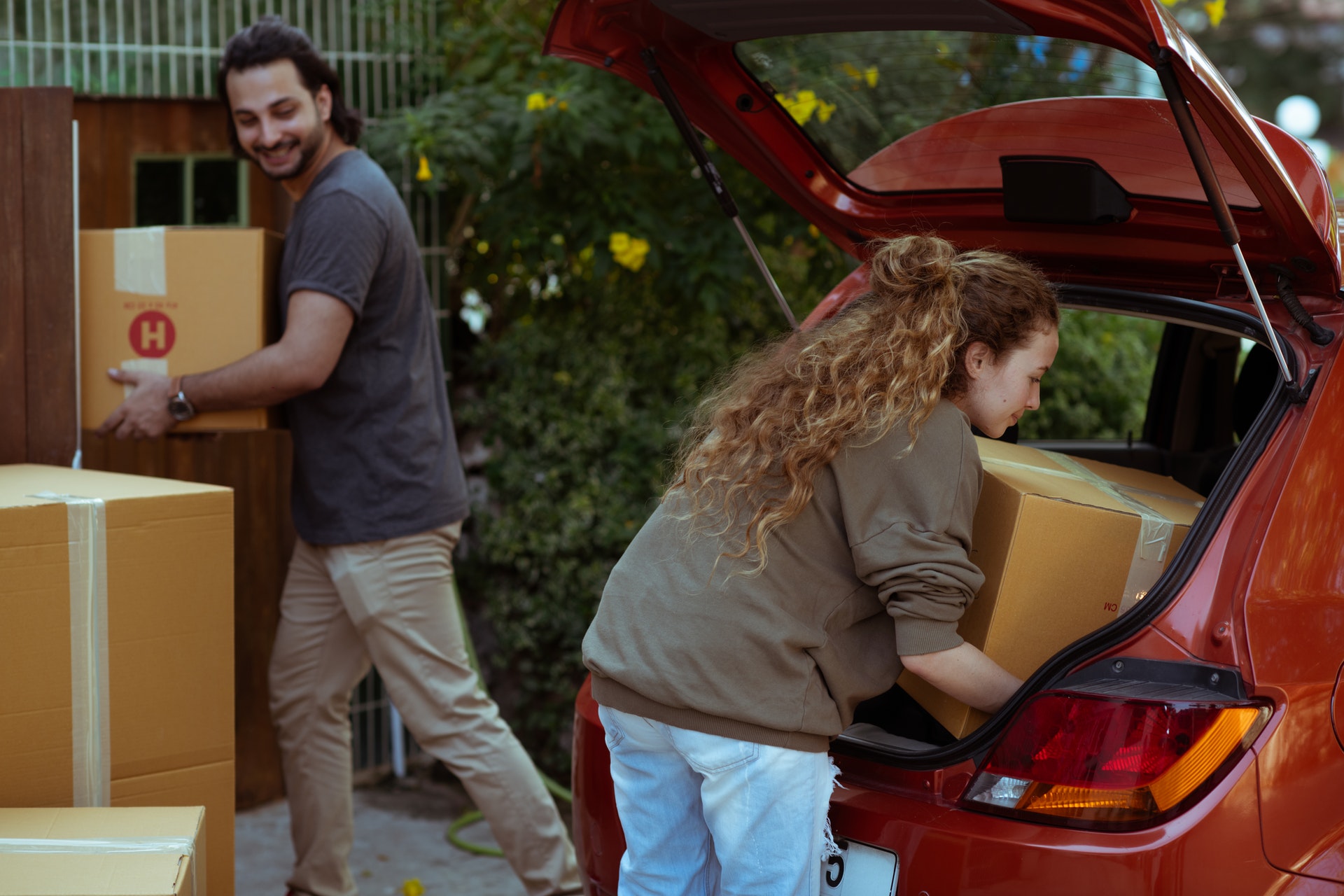
If you’re planning a cross-country move, or even a short-distance move across town, you know that it’s going to be stressful. People are always on the move. Whether it’s families like James Van Der Beek’s family moving to a new state or people moving to the opposite coast, chances are you probably always know someone in the moving process. Here are five tips to make the process less complicated and costly.
1- Plan Your Cross Country Move Well in Advance
Start planning your move several months ahead of the actual moving date. For example, if your moving date is in January, start planning for your move at least six or seven months before that date. This will give you ample time to organize your belongings into boxes, schedule an interstate mover, and choose a moving company. You’ll also have more than enough time to compare rates from different movers and find better deals on packing materials such as cardboard boxes and bubble wrap. As far as saving money goes, this is one of the most important things you can do when making a long-distance move.
2- Yourself Enough Time to Complete the Packing Process
In addition, make sure you give yourself at least two weeks to pack. If you have many belongings and a busy work or school schedule, then plan for three or four weeks to complete the process efficiently. This will ensure that you don’t feel rushed when it comes time to box everything up. And since you’ll need to pack in a logical way, the last thing you want is to feel pressured.
3- Buy Quality Moving Boxes and Pack Them Yourself
Avoid saving money by buying cheap moving boxes. Instead, buy quality moving boxes at local grocery stores or packing stores like U-Haul. Then carefully fill each box with your most fragile belongings, such as dishes and glasses. Next, place each item inside one of the Ziploc bags before placing it inside the box and label the outside of the container accordingly (e.g., kitchen plates). This will help prevent breakage during both loading and unloading. Just make sure that if you use tape on the outside of any box that it’s non-permanent or removable; otherwise, movers won’t be able to load or unload it.
4- Packing Tips for Your Belongings
In addition, when packing soft items such as clothing, blankets, and bedding, use a wardrobe box. Simply fill each compartment with your most delicate garments and then place them in an over-the-door shoe organizer before placing them inside the wardrobe box. This way, they won’t get folded in half or wrinkled when being moved. Just make sure that you put heavier items on the bottom so that things don’t get crushed during transit.
As far as furniture goes, disassemble anything that can be taken apart so movers won’t have a hard time moving it (e.g., tables and chairs). Use twine instead of nails when reassembling all large items to be taken apart and reassembled easily by movers.
And last but not least, if you have any knick-knacks or valuables lying around your home, wrap each one individually with bubble wrap before placing them inside a small box. Put those boxes on the top of the stack to not get crushed or broken during transit.
5- Hire A Mover Who Specializes in Cross Country Moves
When hiring a moving company, limit your options to interstate movers and cross-country movers. Local and residential movers typically don’t have the proper equipment or knowledge to move larger amounts of belongings across state lines. So it’s best not to risk dealing with inexperienced or unprofessional employees when performing such a large job.
The process of moving can be complicated and costly. Avoid this by planning, giving yourself time to pack everything correctly, buying quality boxes for packing fragile items, hiring a cross-country mover that specializes in long-distance moves (not just local or residential), and taking the necessary steps when packing your clothes, so they don’t get wrinkled or folded during transit. These are some helpful tips you should keep in mind before making an interstate move because it will make the experience less stressful for both you and your belongings.
